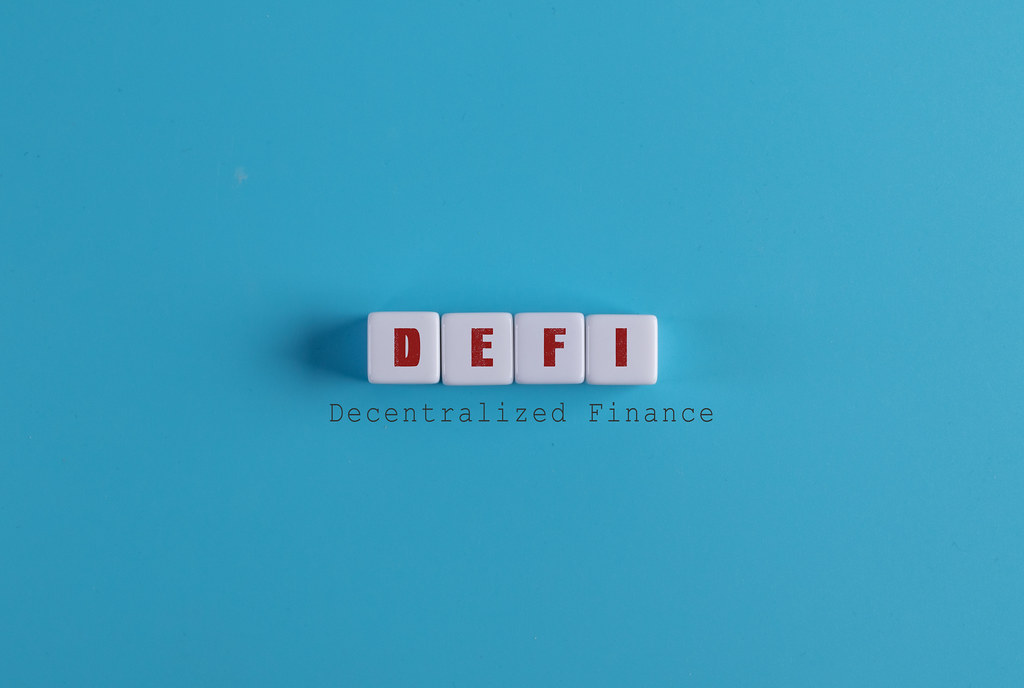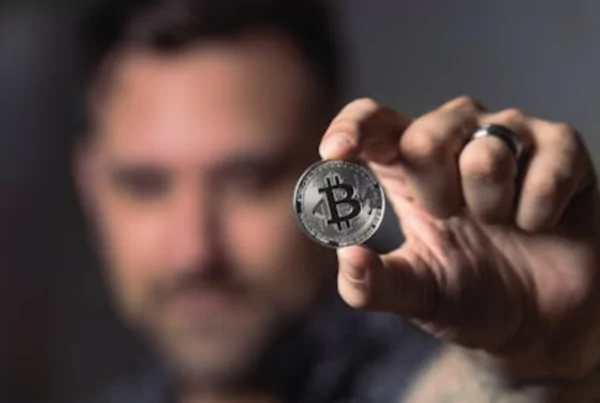
The decentralized finance sector has been regarded as one of the main sectors of the crypto market, and it allows traders to access a whole array of financial services like lending and trading directly on the blockchain. While activities on centralized platforms only provide a degree of anonymity, the decentralized sector provides traders with access to the market without the need for any intermediaries.
But while some people feel that the sector holds tremendous potential, others are skeptical because of the exploits and scams that have sadly become a common occurrence in DeFi. Taking the initiative to curb this and more, the Securities and Exchange Commission of Thailand has announced that projects in the DeFi sector would subsequently need to seek a license before carrying out their operations in the country.
SEC update divides cryptocurrency community
In a statement published by the Bangkok Post, the Securities and Exchange Commission mentioned that the issuer of any token is supposed to notify them. The statement further said that an issuer is expected to submit adequate information regarding their token and list them according to the country’s the Digital Asset Decree.
With the news making headlines, the crypto community of Thailand has seen a division of opinions. While some mentioned that the regulation of the sector would enable it to grow, others thought that since regulation and the DeFi sector do not go hand in hand, it is a bad idea on the part of the SEC.
Giving his opinion on the update, MVP Coin developer Dome Charoenyost mentioned that some parts of the DeFi sector lack regulation. This new update would see that they become regulated by the national regulatory entity in the coming years. Adding to his point, Ava Advisor CEO Niran Pravithana also mentioned that with the growing rate of scam tokens, regulation of the sector was a reasonable option.
Currently, it is unclear how the Thailand SEC is planning to regulate the DeFi sector, but in the coming days, more updates would be released by the entity. The first way the SEC might pull this off is to order major DeFi protocols to audit their code, as this is one of the few ways to limit the risk of scams in the sector.
Also, they could order that users in the DeFi sector undergo KYC if they want to carry out any activity. While the initiative has been thumbed up as a good idea, all hands are on deck about how the SEC plans to pull this off.



